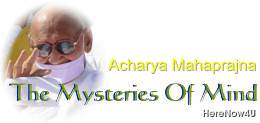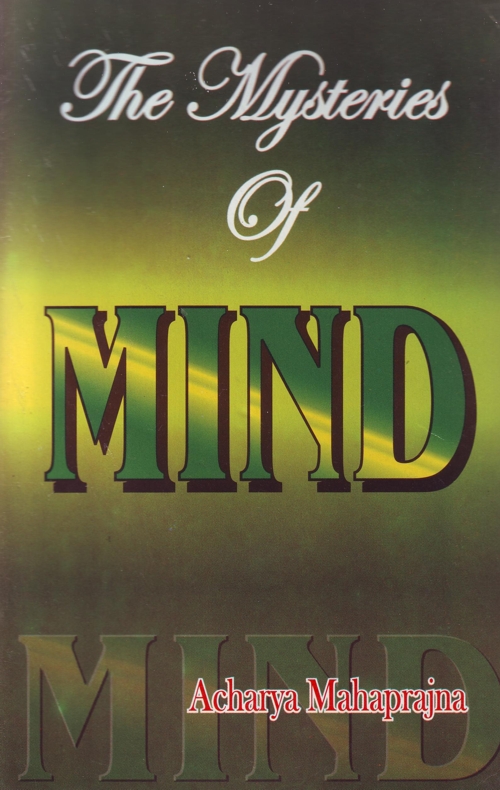
- One who knows the nature of doubt knows the whole world.
- One who does not know the nature of doubt does not know anything about the world.
- The aspirant for emancipation should break the chain of attachments and aversions with the help of enlightenment.
- Such an aspirant is said to have crossed the ocean of life and to have become free and detached.
- By hearing or knowing or by chance some point of consciousness begins to expand and the first ray of existence bursts forth.
- The first ray of undefiled consciousness - clarity of vision.
- The second ray of undefiled consciousness - experience of happiness and light.
- The third ray of undefiled consciousness - constancy of the experience of happiness - manifestation of everlasting enlightenment.
- The fourth ray of undefiled consciousness - acquisition of the original source of happiness - acquisition of the original source of everlasting illumination.
- Knowledge of the distinction between individuality and existence leading to the transformation of the individual.
- Formerly the two in pleasure and sorrow appeared to be pleasing but now only happiness attracts me.
- Sometimes I felt pleasure and at other times sorrow due to the effects of past actions, but now I feel indifferent to both.
- Formerly I felt consciousness at times only, but now I am possessed perpetually by consciousness only.
- In a state of unconsciousness the mind and actions strayed away from each other, but now they have become united once for all - having a full knowledge of actions.
- Formerly I possessed knowledge, but now I have become embedded in knowledge.
- Consequences of discernment - neutrality,
- Consequences of neutrality - disinterestedness.
- Consequences of disinterestedness - equanimity.
- The practice of transformation:
-
- The continuous stream of discernment.
- The ascent of energy.
- Watching consciousness.
 Acharya Mahaprajna
Acharya Mahaprajna

